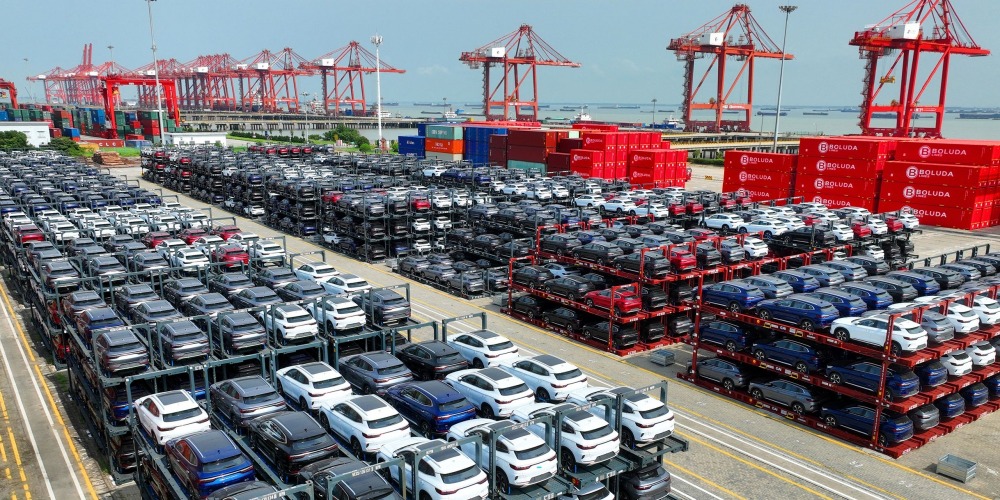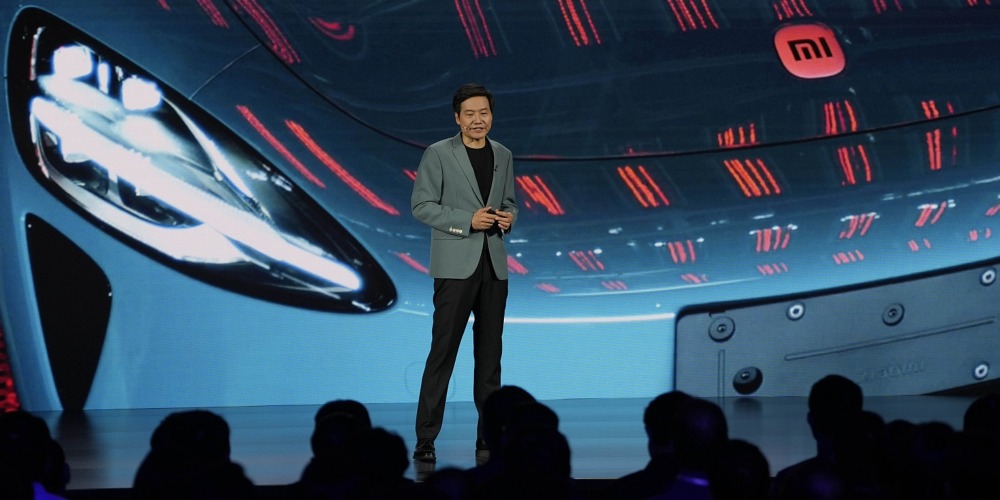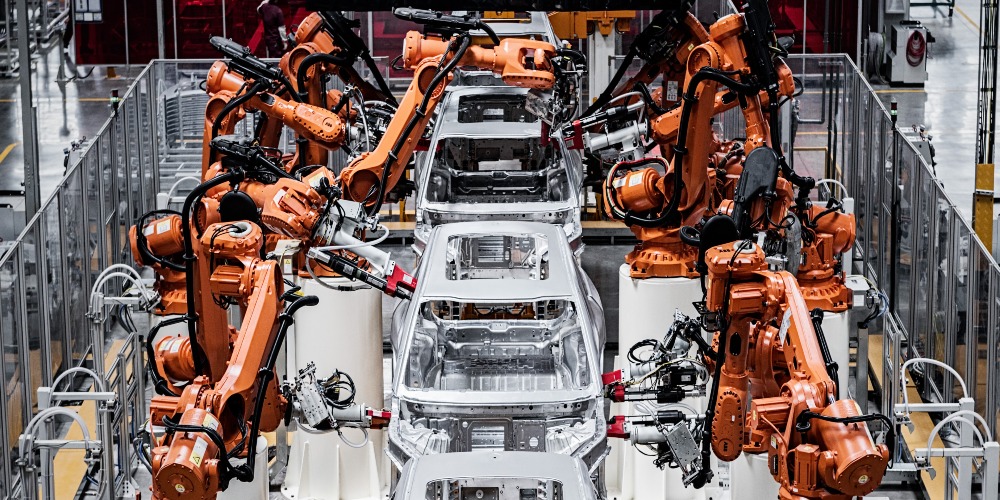Published : 2024-01-09
China's automobile industry is rapidly accelerating its "going out to sea".
According to the Ministry of Industry and Information Technology, last year, China's annual automobile production and sales both exceeded 30 million units, reaching a new historical high.
At the same time, the annual automobile exports reached 4.91 million units, ranking first in the world for the first time.
China's automobile export of 4.91 million units in 2023
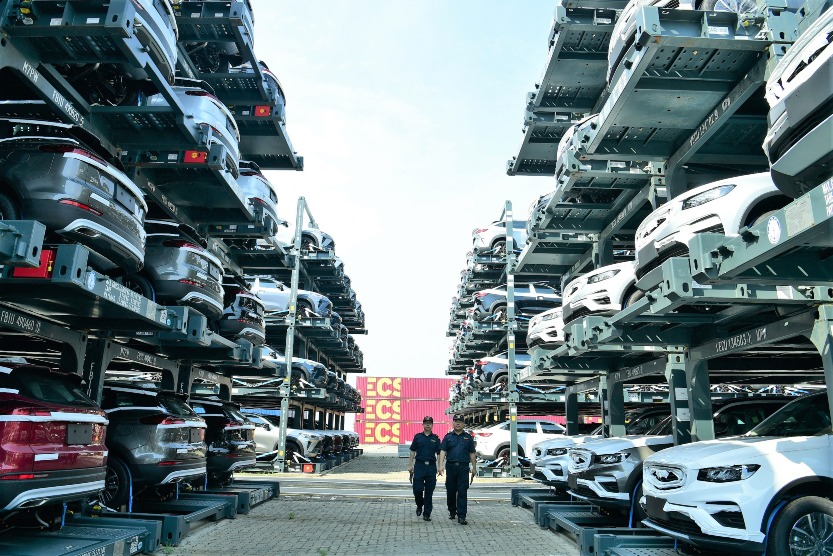
The State Council Information Office of China held a press conference today (January 19) to brief on the development situation of China's industry and information technology in 2023.
Xin Guobin, Vice Minister of the Ministry of Industry and Information Technology (hereinafter referred to as: MIIT), stated that China's automobile foreign trade export went further in 2023, with an annual export of 4.91 million complete cars, a year-on-year increase of 57.9%, ranking first in the world for the first time.

Data shows that in 2023, the top 10 companies in complete car exports were SAIC, Chery, Geely, Changan, Tesla, Great Wall, BYD, Dongfeng, BAIC, and Jiangqi.
Among them, SAIC Group (Shanghai Automotive Group Co., Ltd.) ranked first with an export of 1.099 million units, while Chery and Geely ranked second and third with 925,000 and 408,000 units respectively.
China's automobile production and sales both exceeded 30 million units
The MIIT also introduced that China's annual car production and sales both exceeded 30 million units for the first time, reaching 30.16 million and 30.09 million units respectively, with a year-on-year growth of 11.6% and 12%, hitting a new historical high.
In retrospect, China's annual car production exceeded 10 million units in 2009; subsequently, it took another 3 to 4 years to exceed 20 million units; after over a decade of development, it exceeded 30 million units in 2023, maintaining the global number one position for 15 consecutive years.
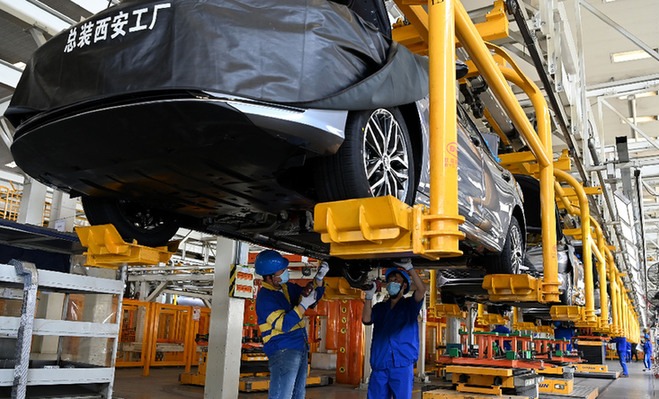
Problems still exist in China's automobile industry
However, Xin Guobin also pointed out some adverse factors that exist currently, such as the problem of insufficient consumer demand, and protectionist practices in some countries and regions that abuse trade remedies.
In terms of the industry itself, most new energy vehicle companies, particularly those mainly serving the domestic market, have not yet become profitable. On the product sales itself, there are also some shortfalls in areas such as vehicle chips.
In addition, in the development of intelligent connected vehicles(ICVs), the cooperation between cars and roads is not sufficient.
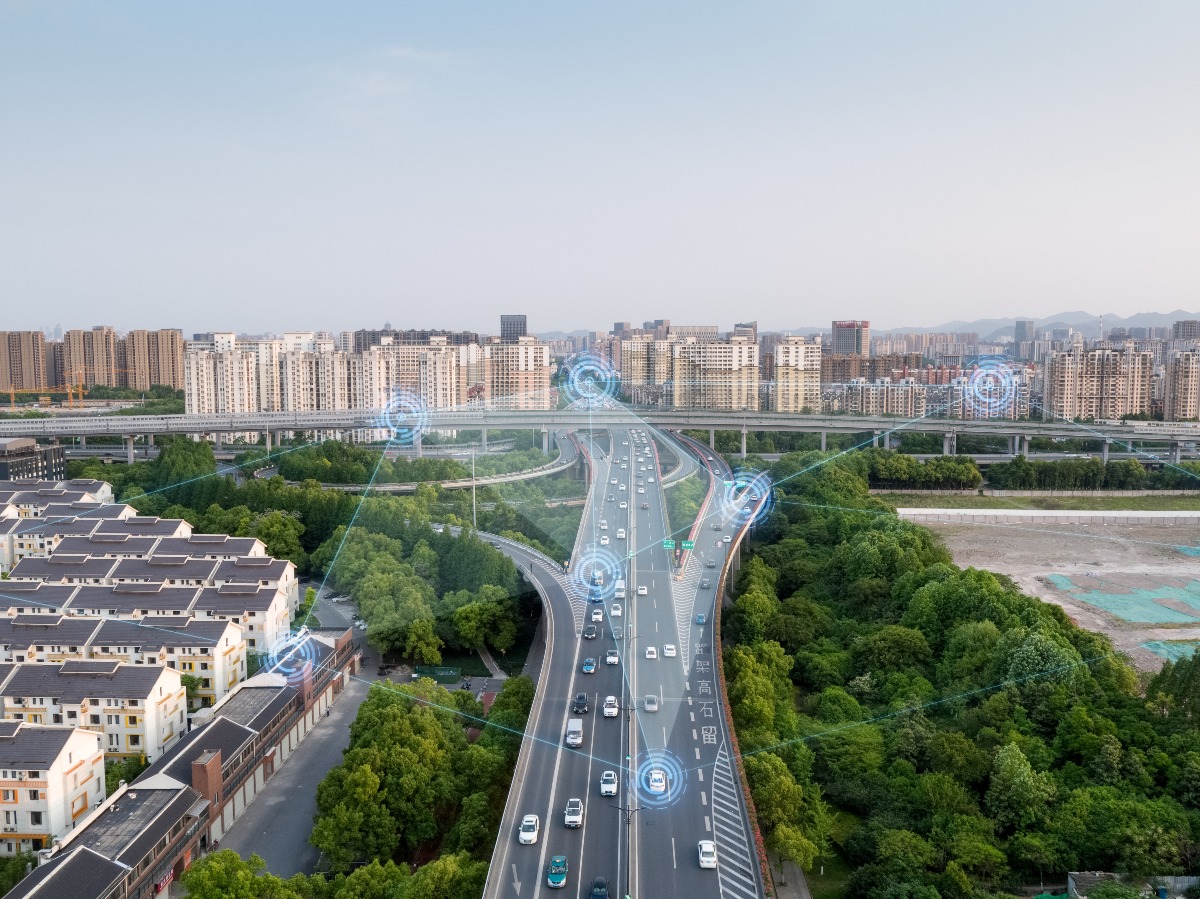
Xin Guobin mentioned that there had been some unregulated competition behaviors. Some localities and companies also blindly start and repeat the construction of new energy automobile projects.
Next, the authorities will work together with relevant departments to further enhance macro-guidance, strengthen industry management, implement preferential policies such as vehicle purchase tax reductions and exemptions, carry out trials of comprehensive electrification of vehicles in public areas, and activities of new energy vehicles going to the countryside, in order to promote new energy vehicle consumption.
If enterprises are to be supported to carry out collaborative innovation, then technological tackling in areas such as vehicle chips, solid-state batteries, and high-level autonomous driving need to be intensified, so as to further enhance the competitiveness of their products in the market.
Read more: Competing for China's "Capital of New Energy Vehicles", which city stands out?
Read more: GDP growth rate of 5.2%:Understand China's 3 major economic highlights in 2023
